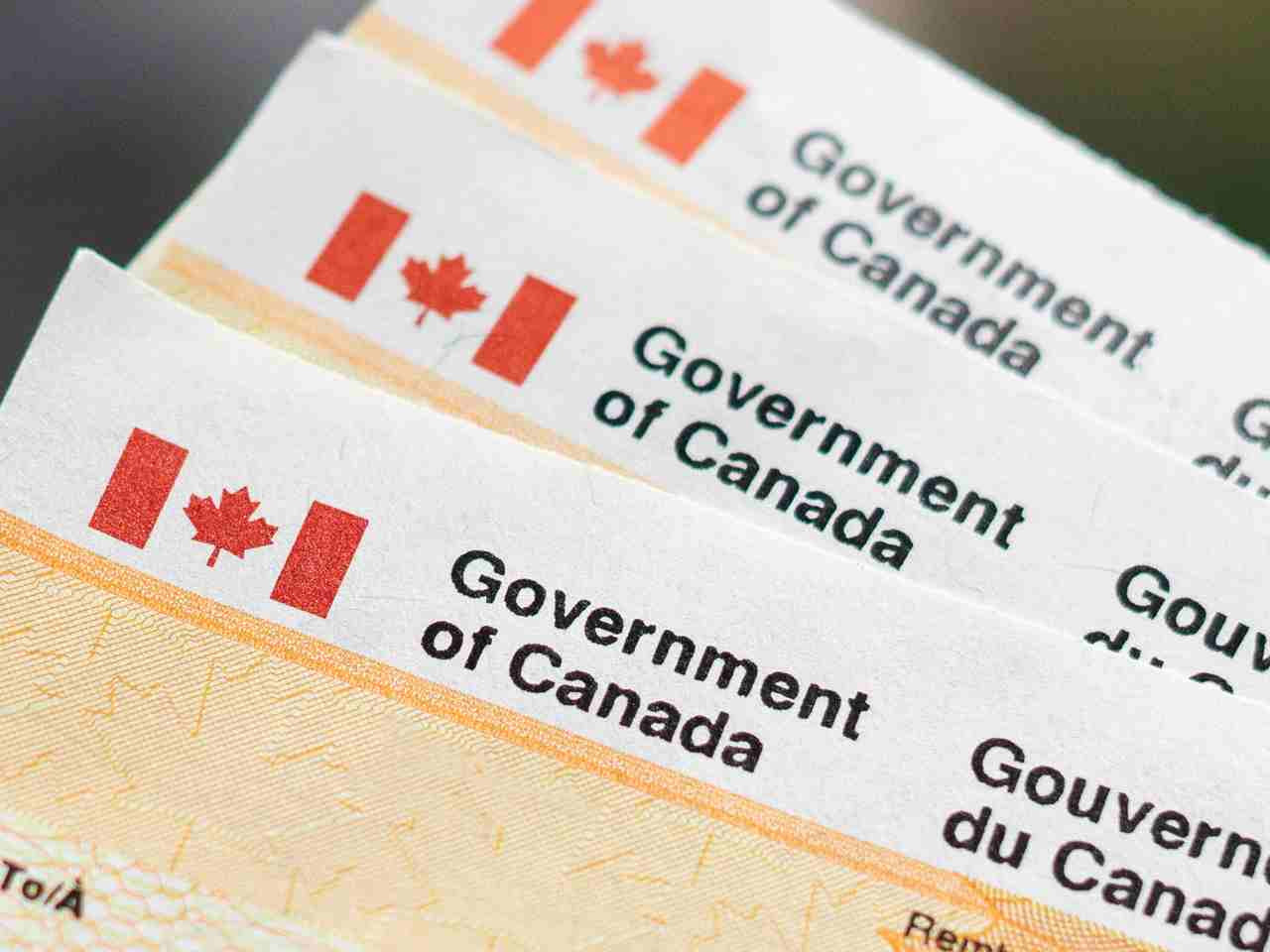J.A.I.K.S. BLOG
Welcome to J.A.I.K.S. Blog, a place where we will provide you with a variety of resources on accounting, taxation and other related subjects suited for both individuals and/or their businesses.
We hope you can find the answers to your questions and/or curiosities, and always know we are here to help if you need more.
Follow us on Facebook or find us on LinkedIn - we are always eager to give you more!
Disclaimer:
The content provided in this blog is for general informational purposes only and is not intended as professional accounting, tax, or financial advice. While efforts are made to ensure the accuracy and timeliness of the content, errors or omissions may occur. The content does not constitute a client-advisor relationship. Readers should consult with a Chartered Professional Accountants or other financial professional for advice tailored to their specific needs. We are not liable for any actions one might take based on the information provided in this blog.
Are There Tax Benefits for Couples in Canada?
Are There Tax Benefits for Couples in Canada?
Curious about the tax advantages that come with getting married or living in a common law relationship? In Canada, there are indeed significant tax perks for couples. The following will begin to outline them.
Do married and common-law partners couples file taxes jointly in Canada?
The burning question: do you and your spouse file your taxes together? Surprisingly, the answer is no. Regardless of your marital status—whether married or in a common-law partnership—you won't file jointly in Canada. Instead, each individual taxpayer submits their own tax return, noting their marital status and providing information about their spouse.
Upon marriage, it's mandatory to include your spouse's details in your tax return. If you're in a common-law relationship, it's also essential to indicate your status in your annual tax return. Determining common-law status isn't up to personal discretion; as per CRA guidelines, residing with your partner in a conjugal relationship for 12 months qualifies you as common-law partners. If you have a child together, you're considered common-law partners as soon as you begin cohabiting. Should any of these scenarios apply to you, you're required to specify your marital status in your annual tax return.
What spouse-related information is needed for tax returns?
You can provide this information in the "information about you" section of your tax return. You'll need to include details about your spouse, such as:
- Their name
- Their social insurance number
- Net income
- Employment status
What tax rate applies to married couples in Canada?
Whether married or in a common-law relationship, you'll be subject to the same federal and provincial income tax rates as other Canadian taxpayers. However, the amount of federal income tax may differ due to shared benefits.
Filing Taxes as a Married Couple in Canada
Being married or in a common-law relationship can positively impact your tax return, opening doors to various tax credits and deductions. These benefits may exceed what's available to single taxpayers, potentially reducing your overall tax liability for the year. Filing taxes as a married couple or common-law partners follows a similar process to filing as an individual taxpayer. The key difference lies in the information provided in the tax return. Couples must file their annual tax return with the CRA by April 30 each year to avail themselves of tax benefits. To maximize tax benefits, couples should ensure they file ahead of the deadline and claim any applicable credits, transfers, or splits. Couples should consider consulting with our office to determine how you can maximize your situation.


Comments